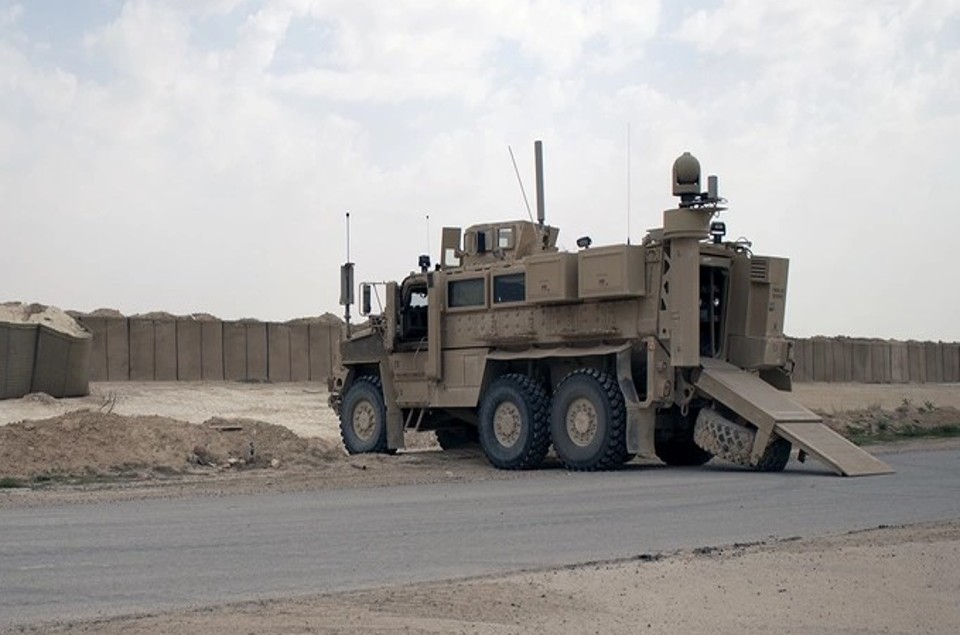Traits of Successful Leaders — Taking Care of Subordinates
“A leader is not someone who is consumed with his/her own success and his/her own best interests. A true leader is someone who demonstrates to everyone around him/her that their interests are what most occupy his/her heart. A real leader will work hard to make everyone around him/her successful. His/her passion is to help make the people under his/her leadership flourish. That is why a true leader must have the heart of a servant.”
– John MacArthur, The Book on Leadership
Leaders care for their subordinates. While I talked about developing others in an earlier article, there is a difference between taking care of subordinates and developing them. Yes, developing subordinates is a way of taking care of them. However, not everything you do to take care of subordinates develops them. Leaders should strive to do both whenever possible.
An easy example of taking care of subordinates is making sure they have time for their own personal lives. This may mean letting a parent watch a school play their child is in, letting a subordinate off early so they can pick up a visitor from the airport, or making sure your subordinates takes time for themselves. Each person is different which is why there is no “one size fits all” answer. Sometimes employees present challenging situations. I had one subordinate who had very serious money management problems and a mountain of debt. One day I heard that he was going around asking for food scraps… bread, leftovers, whatever people were willing to give. He had no money remaining and pay day was a week away. Several of the senior leaders and I found ways to help him get food until his next paycheck. Multiple leaders donated their own money for grocery store gift cards for the person, yet everyone wanted to remain anonymous. The subordinate, to this day, thinks the money came from some organization, which also allowed him to keep some of his dignity by not thinking he was asking for a handout. I also set this person up with free financial management classes to help him change the way he manages money and help him reduce his debt.
Not every time a leader takes care of a subordinate is an easy decision. Sometimes there may be a conflict between the mission and taking care of others. For example, there may be a very important deadline to get a massive project finished by the end of the week. The project is behind schedule and one of your key employees asked to take the week off for a last-minute fishing trip. Taking care of the subordinate tells you to approve the vacation, but that could be at odds with accomplishing the mission. While this specific situation may not come up, leaders will likely face some scenario where there is a conflict between the mission and taking care of a subordinate. Dealing with these situations is what a leader is paid to do.
In my own career, I have found that the mission almost always comes first. However, that does not mean you do not take care of your subordinates. There are often ways to accomplish both tasks. Maybe you can shift the mission or deadline slightly. Maybe you can work with the subordinate to alter their plans in a way that they get what they really want, and you can still accomplish the mission. Leadership is not a zero-sum game. By choosing to accomplish the mission, you are not preventing yourself from helping subordinates and vice versa. Often, when you take care of your subordinates they will be even more willing to help accomplish this mission.
———
In this series we will explore characteristics of successful leaders. Here is our list of traits so far:
Which characteristics do you think are the most important? Do you agree with our list so far? Comment below and tell us what we have right, what we have wrong, and what we should add.
———
Chad Plenge teaches leadership psychology at the United States Military Academy and develops high potential leaders with the US Army’s Center for Junior Officers. He holds a Master of Arts in Organizational Psychology from Columbia University, a Master of Business Administration, and a Bachelor of Science from the United States Military Academy. Chad is a certified Project Management Professional and an active duty officer in the US Army. In his free time, he serves as the President of the board of directors as well as an Assistant Director for a non-profit organization.
Related Posts

Fighting as an Enabler Leader
(U.S. Army Photo by Cpl. Tomarius Roberts, courtesy of DVIDS)Enablers provide capabilities to commanders that they either do not have on their own or do not have in sufficient quantity …

Defeating the Drone – From JMRC’s “Skynet Platoon”
If you can be seen, you can be killed—and a $7 drone might be all it takes. JMRC’s Skynet Platoon discuss their TTPs to defeat the drone.

3 Deployments Before Captain: Reflections From Down Range
Deployments challenge junior officers beyond their primary duties, often demanding adaptability, wellness management, proactive leadership, and moral integrity maintenance.
